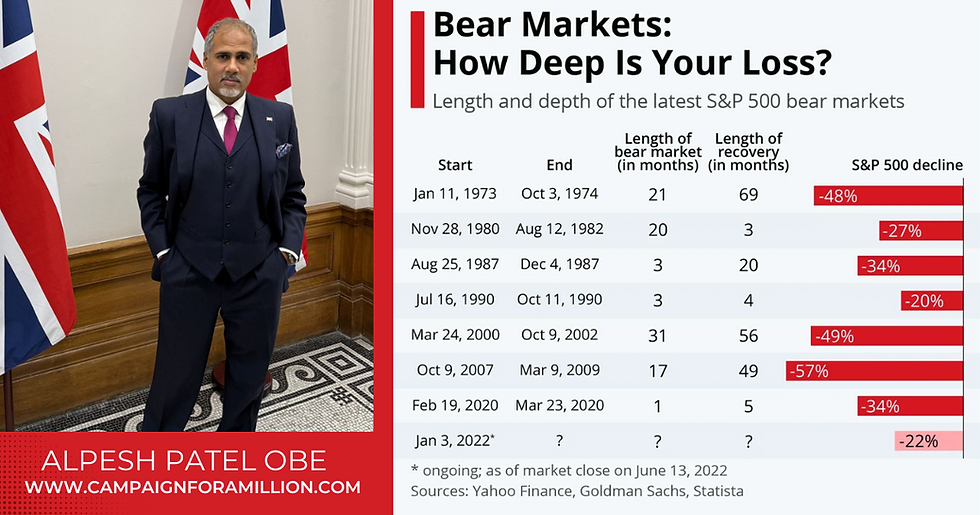Were There Any Notable Companies That Significantly Benefited or Suffered From The 1980s Tariffs
- Alpesh Patel
- Apr 5, 2025
- 3 min read
Yes, several companies in specific industries either significantly benefited or suffered from the tariffs and trade policies of the 1980s. These effects were most pronounced in sectors like steel, automobiles, and semiconductors, which were directly impacted by protectionist measures. Below is a breakdown of notable companies that were affected:
Companies That Benefited from 1980s Tariffs
1. U.S. Steel Corporation (Steel Industry)

How They Benefited: The Reagan administration's tariffs and quotas on imported steel provided temporary relief to U.S. steelmakers, including U.S. Steel Corporation, which was struggling due to competition from cheaper foreign imports (particularly from Japan and South Korea).
Outcome: While the tariffs helped stabilize the company in the short term, they failed to address deeper structural inefficiencies in the U.S. steel industry. Over time, U.S. Steel continued to face challenges as global competition intensified.
2. General Motors (GM), Ford, and Chrysler (Automobile Industry)

How They Benefited: The Voluntary Export Restraints (VERs) negotiated with Japan in 1981 limited the number of Japanese cars exported to the U.S., giving domestic automakers breathing room to regain market share.
Outcome: The Big Three automakers—GM, Ford, and Chrysler—saw short-term improvements in sales and profitability. However, Japanese automakers like Toyota and Honda responded by establishing manufacturing plants in the U.S., which eroded the long-term effectiveness of the VERs.
3. Intel and Texas Instruments (Semiconductor Industry)

How They Benefited: The Semiconductor Trade Agreement of 1986 imposed restrictions on Japanese semiconductor imports and required Japan to open its markets to American chipmakers.
Outcome: Companies like Intel and Texas Instruments gained market share as a result of these measures. This protection helped lay the foundation for the eventual dominance of U.S. semiconductor firms in the global market during the 1990s and beyond.
Companies That Suffered from 1980s Tariffs
1. Caterpillar Inc. (Heavy Machinery Industry)
How It Suffered: As a major exporter of heavy machinery, Caterpillar faced retaliatory tariffs from trading partners in response to U.S. protectionist policies.
Outcome: These retaliatory measures hurt Caterpillar's international sales and competitiveness, contributing to financial struggles during parts of the decade.
2. Retailers Dependent on Imports
Example Companies: Retailers like Sears and Kmart saw increased costs for imported goods due to tariffs on materials like steel and electronics.
How They Suffered: Higher input costs led to reduced profit margins, particularly for companies that relied heavily on foreign-made products.
3. Japanese Automakers Operating in the U.S. Market
Example Companies: Toyota, Honda, and Nissan initially suffered under the Voluntary Export Restraints (VERs), as they were forced to limit exports of their vehicles to the U.S.
Outcome: While these companies faced short-term setbacks, they adapted by building manufacturing plants in the U.S., which allowed them to circumvent export limits and ultimately strengthen their position in the American market.
Key Takeaways
Short-Term Relief vs. Long-Term Adaptation:
Domestic companies like GM or Intel benefited temporarily but still faced long-term competitive pressures as foreign competitors adapted.
Foreign companies like Toyota turned challenges into opportunities by localising production.
Structural Challenges Remained Unresolved:
For industries like steel, tariffs provided only a temporary reprieve without addressing underlying inefficiencies or lack of modernisation.
Retaliation Hurt Export-Oriented Companies:
Firms like Caterpillar that relied on global markets were negatively impacted by retaliatory tariffs imposed by trading partners.
Conclusion
While some companies gained short-term advantages from 1980s tariffs, others struggled with higher costs or retaliatory trade measures. Notably, many foreign competitors adapted quickly, mitigating the long-term effectiveness of protectionist policies for U.S.-based companies. This dynamic underscores how tariffs often create winners and losers within specific industries while having broader implications for global trade relationships over time.
RISK WARNING: All investing is risky. Returns at not guaranteed. Past performance and case studies are no guarantee of future results.
Disclaimer: The content provided on this blog is for informational purposes only and does not constitute financial advice. The opinions expressed here are the author's own and do not reflect the views of any associated companies. Investing in financial markets involves risk, including the potential loss of your invested capital. Past performance is not indicative of future results.
You should not invest money that you cannot afford to lose. Mentions of specific securities, investment strategies, or financial products do not constitute an endorsement or recommendation. The author may hold positions in the securities discussed, but these should not be viewed as personalised investment advice.
Readers are encouraged to conduct their own research and seek professional advice before acting on any information provided in this blog. The author is not responsible for any investment decisions made based on the content of this blog.
Alpesh Patel OBE
Visit www.alpeshpatel.com/shares for more and see www.alpeshpatel.com/links









Comments